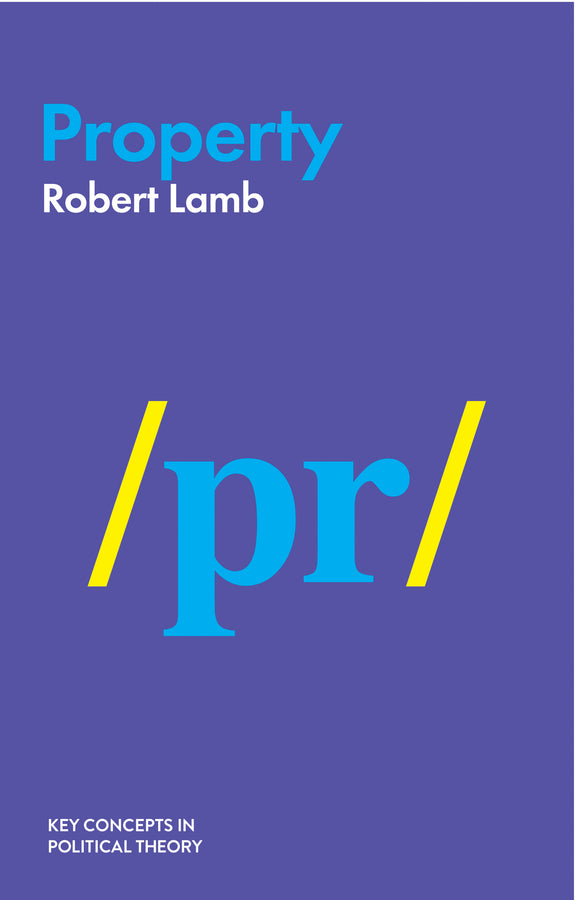Description
Explore the intricate debates surrounding the concept of private property with Robert Lamb's insightful book that has captivated scholars and students alike. This essential read, published by John Wiley & Sons in 2020, dives deep into the philosophical arguments for and against property ownership. With 176 pages of comprehensive analysis, Lamb scrutinizes the arguments of renowned philosophers such as Locke, Hume, Hegel, J. S. Mill, and Nozick, providing a well-rounded understanding of property rights. Additionally, he introduces radical critiques from anarchist and socialist perspectives, challenging readers to rethink their assumptions about ownership. In a world where social inequality and poverty are pressing issues, this book invites you to ponder whether private ownership serves as a protector of freedom or perpetuates injustice. Ideal for students, educators, and anyone interested in political philosophy, this book blends historical and contemporary theories to offer a compelling narrative on the nature of property. Whether you are preparing for discussions in academia or simply seeking to deepen your knowledge, this book serves as an essential resource. Free shipping is included on this item, with a delivery timeframe of up to 6 weeks. Please note that once your order is placed, it cannot be cancelled. Immerse yourself in the philosophy of property ownership and explore its implications for a democratic society.
Note: Shipping for this item is free. Please allow up to 6 weeks for delivery. Once your order is placed, it cannot be cancelled.
Condition: BRAND NEW
ISBN: 9781509519200
Year: 2020
Publisher: John Wiley & Sons (UK)
Pages: 176
Description:
Few political ideas are as divisive and controversial for some “ and yet taken for granted by others “ as the ownership of private property. For its defenders, private ownership is a fundamental right that protects individual freedom and ensures wider economic benefits for the community; for its critics, by contrast, property is institutionalised theft, responsible for lamentable levels of inequality and poverty.
In this book, Robert Lamb explores philosophical arguments deployed to conceptualise, justify, and criticise private property ownership. He introduces the radical case against property advanced by anarchist and socialist writers, before analysing some of the most important and influential arguments in its favour. Lamb explains and assesses the various defences of property rights advanced by Locke, Hume, Hegel, J. S. Mill, and Nozick. He then shows how theorists such as John Rawls and his followers encourage us to rethink the very nature of ownership in a democratic society.
This engaging synthesis of historical and contemporary theories of property will be essential reading for students and scholars of political philosophy.
Note: Shipping for this item is free. Please allow up to 6 weeks for delivery. Once your order is placed, it cannot be cancelled.
Condition: BRAND NEW
ISBN: 9781509519200
Year: 2020
Publisher: John Wiley & Sons (UK)
Pages: 176
Description:
Few political ideas are as divisive and controversial for some “ and yet taken for granted by others “ as the ownership of private property. For its defenders, private ownership is a fundamental right that protects individual freedom and ensures wider economic benefits for the community; for its critics, by contrast, property is institutionalised theft, responsible for lamentable levels of inequality and poverty.
In this book, Robert Lamb explores philosophical arguments deployed to conceptualise, justify, and criticise private property ownership. He introduces the radical case against property advanced by anarchist and socialist writers, before analysing some of the most important and influential arguments in its favour. Lamb explains and assesses the various defences of property rights advanced by Locke, Hume, Hegel, J. S. Mill, and Nozick. He then shows how theorists such as John Rawls and his followers encourage us to rethink the very nature of ownership in a democratic society.
This engaging synthesis of historical and contemporary theories of property will be essential reading for students and scholars of political philosophy.

